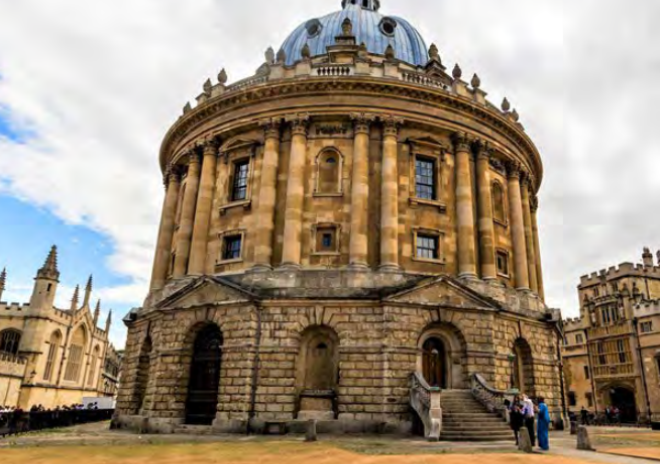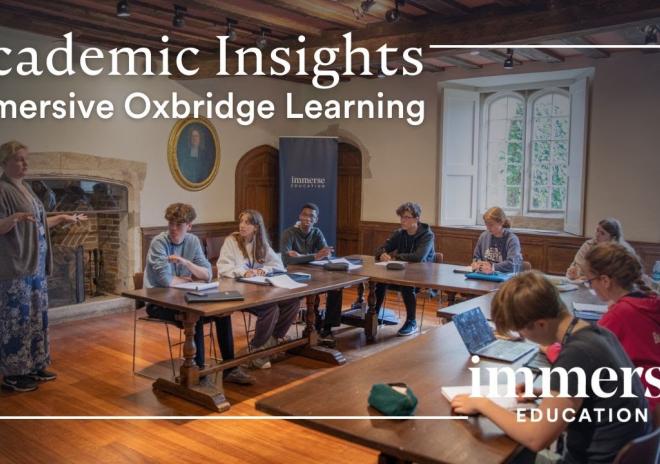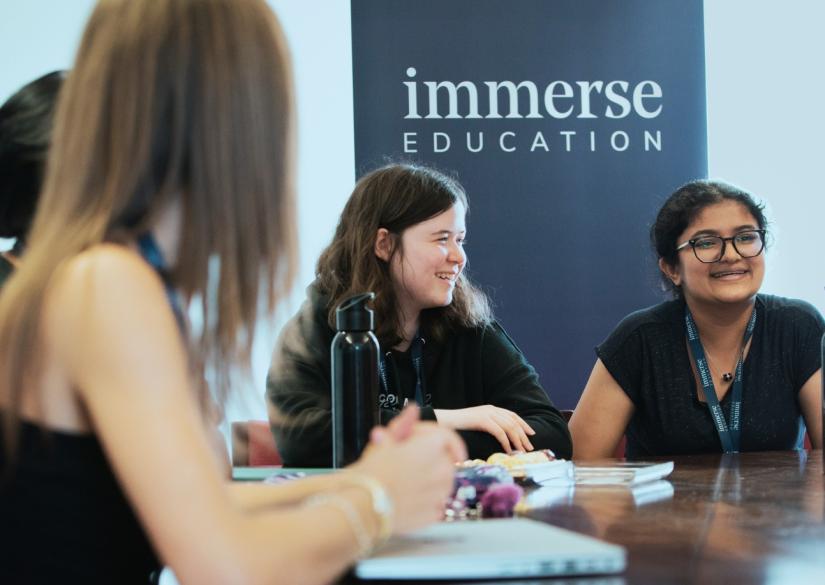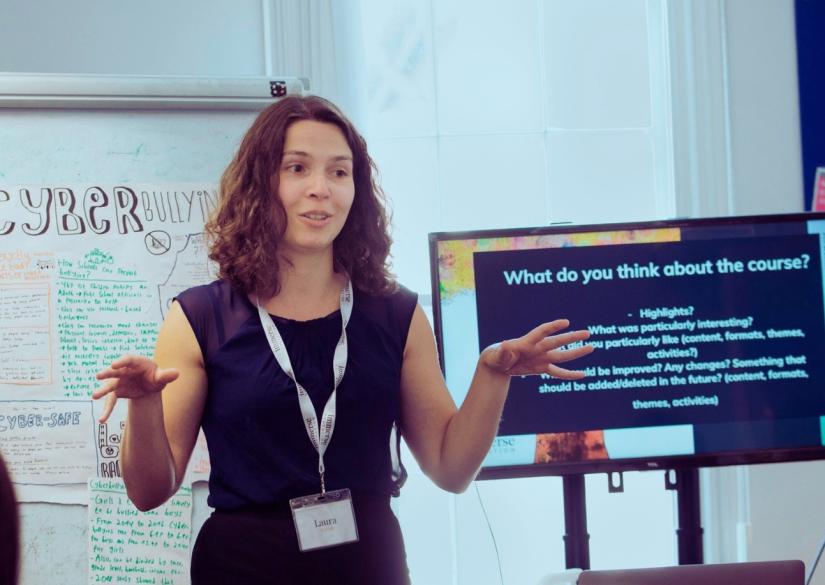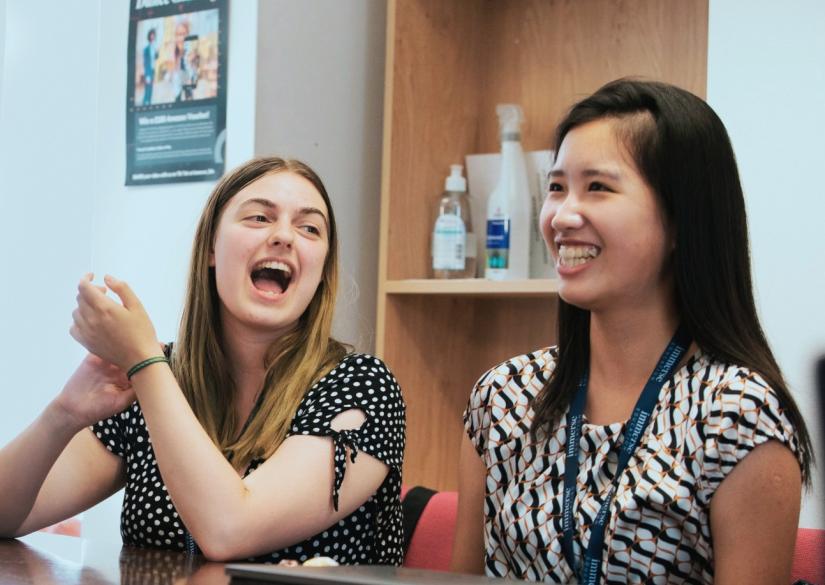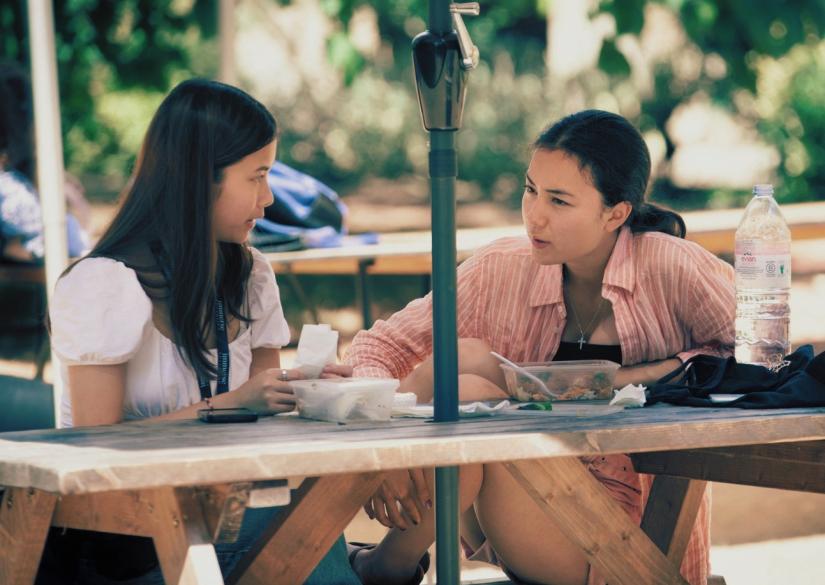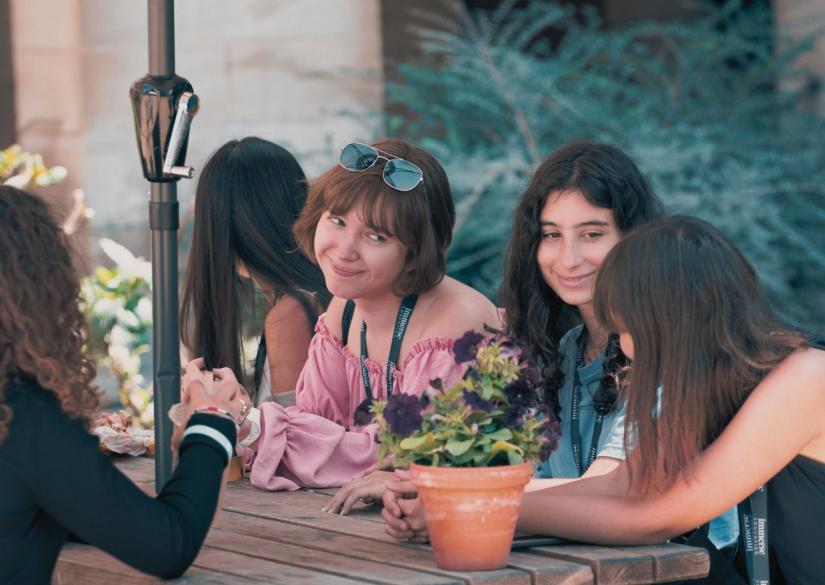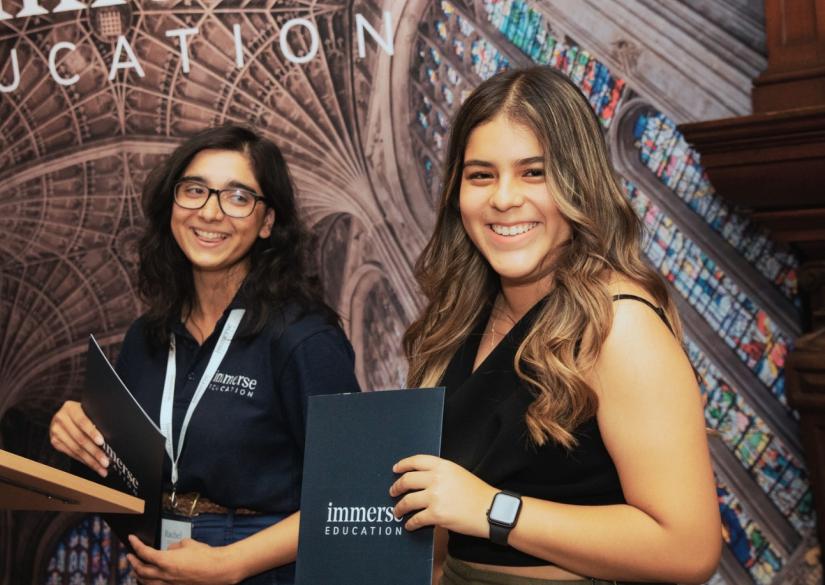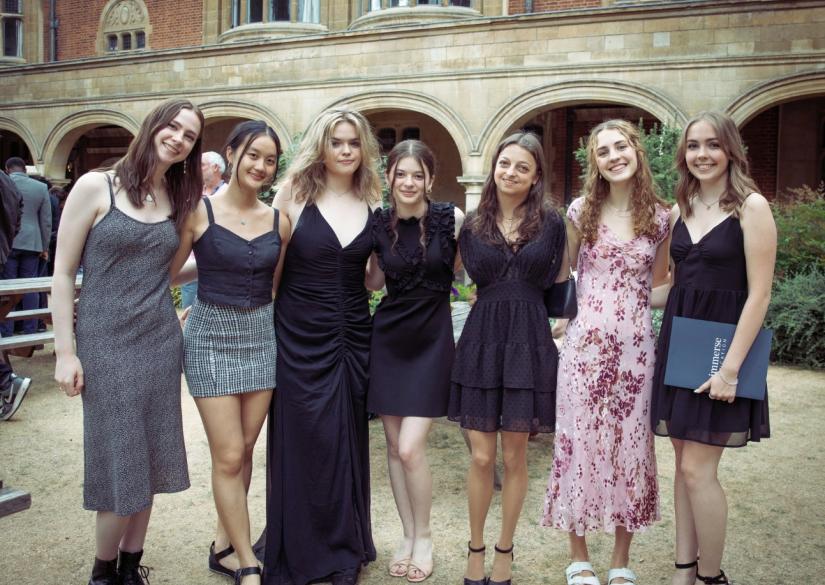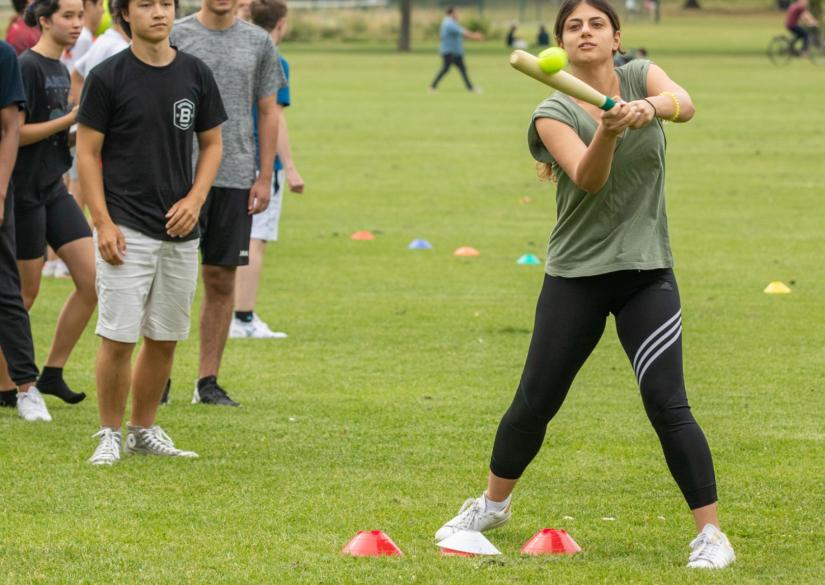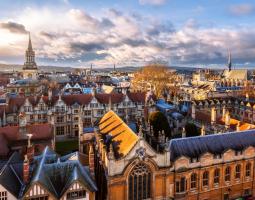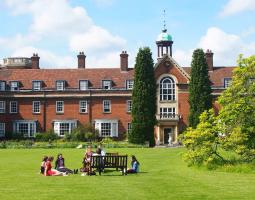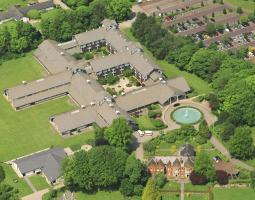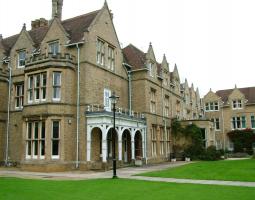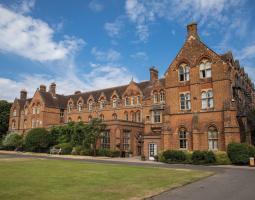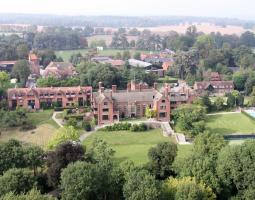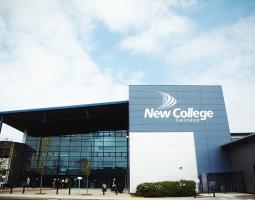Summer Schools in Oxford
Programs and prices, tuition fees in Summer Schools in Oxford
Medicine
- Age - from 13 to 18 years,
- The training period is two weeks.
The pre-university course of medicine is taught at three colleges at Oxford University.
Medicine is a subject that is not studied in school, this specialty is complex and specialized. To become a medical professional, students need to go through a challenging but exciting path that covers a wide range of topics and different scientific disciplines.
The summer school program combines practical knowledge and theory that expands the understanding of new trends in medicine. For two weeks, students in groups of 13-15 and 16-18 years old will study the main blocks of the course:
- Medical Research: "From the Waiting Room to the Ward",
- Physiology of the cardiovascular system and respiration: "The rhythm of life",
- Neuroscience and neuropsychology: "I think, therefore I am",
- Scientific conference.
Economics
- Age - from 13 to 15 years,
- The training period is two weeks.
An introductory course in economics for children from 13 to 15 years old invites students to become familiar with the topics that form the basis of this complex specialty. Students will gain knowledge that can help them in studying economics as a middle and high school discipline, develop counting and analysis skills. Children will engage in both theoretical and hands-on learning to discover the different blocks of economics and how they affect the real world.
The program will include the following sections:
- Introduction to Macroeconomics,
- Introduction to Microeconomics,
- What are markets?
- Presentation of a personal project.
Film Studies
- Age - from 13 to 18 years,
- The training period is two weeks.
Led by outstanding filmmakers with unique backgrounds, the advanced pre-university film studies course offers students to explore key components of theory, film history, screenwriting, hands-on filmmaking, and editing.
Students divided into age groups attend a variety of lectures that trace the history of the "moving image": from medieval camera obscuras and magic lantern shows to IMAX movies and virtual reality experiences. They learn to analyze the experience of watching movies using precise technical language before deepening this analysis in terms of philosophy, psychology, historical and cultural studies.
Subject composition of the program:
- Scene analysis,
- Scenario
- Editing
- Passage of time: installation.
Throughout the course, participants expand their theoretical knowledge by creating short films, professional references and testimonials.
Engineering
- Age - from 13 to 18 years,
- The training period is two weeks.
A pre-university college engineering course for students from 13 to 18 years old will introduce the topics that form the basis of engineering at the university.
Students will attend lectures that reveal introductory ideas about further education in this specialty. They will study first-year engineering fields and develop both theoretical and practical understanding through an engaging program designed by experienced faculty from leading universities.
The course is based on:
- Electrical engineering
- Engineering
- Materials Science,
- Solution development: group work on the problem.
Business Management
- Age - from 13 to 18 years,
- The training period is two weeks.
The Business Management course offers adapted curricula for students aged 13-15 and 16-18. It is suitable for those who would like to become an entrepreneur, brand founder or a serious business specialist in the future.
The program is interactive and encourages students to explore fascinating real-life thematic sections while reflecting on the successes and failures of various businesses.
MBA expert teachers will provide them with knowledge on a wide range of management and entrepreneurship topics: organizational behavior and management of organizations, finance, strategy, marketing and leadership. In classes based on the Harvard Business School teaching model, teenagers will study various industries, brainstorm ideas and opportunities.
The program consists of four modules:
- Introduction to Management,
- Negotiation
- Brand Management,
- Development of your own research on a free topic in the field of business.
International Relations
- Age - from 13 to 18 years,
- The training period is two weeks.
The introductory course in International Relations presents students aged 13-15 and 16-18 with the opportunity to explore politics, economics and social change both in the country and in the world. The program is suitable for those who would like to influence the socio-political agenda in the future and learn how the system of government works in each of the countries.
The summer program will provide teenagers with a solid foundation of knowledge about international relations. Academic classes explore the theoretical foundations with which to approach global political, economic and social problems of the past, present and future.
International relations is an academic discipline that focuses on the study of the interaction of international political actors, including states and non-state actors. The study of IR raises questions such as: what powers does the UN actually have? What influence does the Security Council have on the rest of the world? What treaties and trade agreements have shaped relations between countries that were at war just a few decades ago? Students will explore these issues and global issues in group discussions.
The course consists of four blocks. For students aged 16-18, the following topics will be covered:
- The Middle East in International Relations,
- The role of ideas in international relations,
- European Union Project,
- UN Modeling.
The younger group, which includes adolescents 13-15 years old, will explore the following areas:
- The UN and its rivals,
- Rising Powers and the World Order: The Case of China,
- Changes and continuity in U.S. foreign policy,
- Acquaintance with international "players".
Law
- Age - from 13 to 18 years,
- The training period is two weeks.
The legal program for students aged 13-18 offers a unique opportunity to study law in more depth before embarking on its specialized study at the university.
Students at the school will follow in the footsteps of an Oxford student by exploring the wide range of topics available to a law student. The topics of the course range from criminal law to European law, allowing students to feel the globality of this field. In addition, students will be invited to LNAT seminars, where they will learn how to prepare for a challenging national test of aptitude for law.
The composition of the program for students 16-18 years old:
- Module 1: Separation of Powers,
- Module 2: Equality before the Law,
- Module 3: "Evil" Laws and "Evil" Legal Systems,
- Module 4: Criminal Law in Practice.
Younger students – 13 to 15 years old – will study a range of legal topics: sensitive law, criminal law and constitutional framework, which are usually included in the first year of a bachelor's degree. As part of their course:
- Module 1: Law in Action,
- Module 2: Human Rights,
- Module 3: Criminal Law,
- Module 4: Training test.
Creative Writing (13-18 years old)
- Age - from 13 to 18 years,
- The training period is two weeks.
For centuries, some of the world's most famous professional writers have grown up in the halls of Oxford University: Oscar Wilde, J. S. Smith, and J. S. Wilde. J. R. R. Tolkien and Agatha Christie. In the summer creative writing courses, students will be able to hone their creative skills in the same environment and under the guidance of professional specialists.
The summer school of creative writing will reveal the secrets of how to become a great writer. The curriculum will introduce children to all stages of the writing process, including idea generation, writing and editing, reviewing drafts, and more.
The composition of the program for students from 13 to 15 years old:
- Blank page: the beginning of a creative project,
- Character creation,
- Mapping the site: plot,
- Written portfolio.
Older students aged 16-18 will explore:
- Introduction to Creative Writing,
- The importance of character,
- Learning the Industry: The Basics,
- Written portfolio.
Artificial Intelligence
- Age - from 16 to 18 years,
- The training period is two weeks.
Advanced in artificial intelligence is suitable for different students: creative or technical specialists.
The Summer Artificial Intelligence Program is the perfect introduction to the world of new technologies. Students will explore new concepts and share ideas in small groups of like-minded and ambitious colleagues from around the world. In small classes, with an average of up to seven students, students will be taught by experienced faculty members who have honed their expertise by teaching undergraduate students at world-class universities: Cambridge, Oxford and Harvard.
The workshops aim to unlock the potential of course participants, providing them with the tools to prepare for the next steps of their education and future goals. Classes are devoted to a variety of topics:
- AI Ethics,
- Application of AI,
- AI and machine learning,
- AI and games.
Philosophy (13-15)
- Age - from 13 to 15 years,
- The training period is two weeks.
The philosophy course is an interdisciplinary field that firmly links the humanities and social sciences. In the process of passing the program, students will be able to understand the basics of philosophy, its goals and the main representatives of this complex direction. The course contains university-level topics on which students will gain skills in introducing new material, writing detailed essays, forming an argument and defending it.
The teaching staff, including experts with many years of teaching experience, will help students get acquainted with the historical facts of philosophy, international discussions on this topic, the theories of world-famous figures and their models of thinking formation. Thus, the program consists of four modules:
- Origins: before Socrates,
- Beyond Truth and Morality: Nietzsche,
- The Unconscious: Freud,
- Personal project.
Description of Summer Schools in Oxford
- Location: Oxford, England,
- Language of instruction: English,
- Type: mixed.
Summer Schools in Oxford are English language schools that offer high-quality programs for teenagers from 13 to 18 years old. This is a unique opportunity for international students to experience the experience of living and studying in the colleges of the oldest university in the United Kingdom – the University of Oxford. By choosing one of the proposed summer programs, students will not only follow in the footsteps of famous scientists, but also gain an unprecedented understanding of their chosen specialty, meet like-minded people from all over the world.
The courses are developed by experienced teachers who are passionate about their work and communication with young pupils, have experience in teaching students at the universities of Cambridge, Oxford and Harvard. The advanced academic material is tailored to the interests and abilities of each student, so the programs are suitable for anyone who would like to reach their potential. On average, there are only 7 students in each class, so teachers can provide a sufficient amount of individual attention both in and after academic classes.
Accommodation, meals, prices
Students are accommodated on the campus of one of the colleges, occupying single bedrooms. Bathrooms, living rooms and self-study rooms are shared. Boys and girls live in different parts of the building.
Residents of the boarding house are provided with three meals a day, breakfasts and dinners are served daily in the College Hall.
Activities Summer Schools in Oxford
In their free time, students are offered a rich and varied program of activities that will help them get the most out of their stay in Oxford. Activities include boating on the Kam River, zorb football, and a detective-themed night, "College Murder."
Within the framework of each academic course, there are two large-scale excursions: a full-day walk around Oxford and its sights, an additional day excursion to London with a tour of world-famous museums, galleries, squares and a shopping trip. Those students who prefer not to visit London are invited to an afternoon tea party in Oxford.
All activities both on and off campus are conducted under the guidance of mentors, whose main task is the safety and comfortable pastime of young pupils.
A weekly event on campus is a meal in the Ceremonial Hall. This event is a great opportunity to dress up and dine by candlelight in the magical atmosphere of the dining room of one of the colleges. During each program, three such formal dinners are planned, one of which will be held at the University of Cambridge on the day of the excursion.
Advantages
- Small classes of up to 10 people,
- Accreditation by the British Council (BAC),
- Qualified teachers of Cambridge, Oxford, Harvard universities,
- A varied program of events,
- The cost of the course already includes all the necessary services.
Facilities and equipment at Summer Schools in Oxford
The education will take place on one of the three campuses of Oxford Colleges:
- Lady Margaret Hall
Founded in 1879, this learning area was the first in Oxford to admit women to study. The college is located north of the city center, in a cozy and quiet location next to the university parks.
- Brasenose College
Opened in 1509, this grounds boast one of the most enviable places in Oxford – the campus is located next to the famous Radcliffe Chamber and within walking distance of the city centre. Notable alumni include world leaders David Cameron (British Prime Minister) and Malcolm Turnbull (Australian Prime Minister).
- St Edmund Hall
Founded around 1236, the campus is considered "the oldest academic society for the education of students in any country in the world." The college, which is part of the University of Oxford, has an excellent location to explore the center of Oxford and its attractions.
All educational areas have modern infrastructure: bright classrooms with interactive whiteboards, computer rooms, recreation and self-study areas, a large dining room and a bookstore. In the courtyard of the buildings, students can take a walk, have picnics or relax, chatting with classmates.
Admission dates and extra charges
The cost of each program includes:
- 13 nights accommodation in one of the three colleges of Oxford University,
- Breakfast and dinner at the College Hall,
- 40 hours of academic lessons from teachers from Oxford and Cambridge universities,
- Carefully designed teaching and lecture materials,
- Mentoring program, support materials,
- All excursions and entertainment on them, including a gala dinner at Oxford colleges,
- Comprehensive insurance,
- Two bus tours, including a trip to London,
- Certificate of completion of the program,
- Detailed assessment written by the teacher,
- Souvenirs: notebook and pen,
- Free premium membership "Education" in UniPrepare.
Additional expenses include: pocket money for entertainment not included in the program, airport transfers.
Enrolment process
You can get a place in one of the summer courses by going through several stages:
- Filling out an online form with personal data, providing documents,
- Full or partial payment in the form of a deposit
- Confirmation from the admissions committee about the availability of a free place in the selected course,
- Arrival at campus.
Perspectives
Upon completion of education, each graduate receives a certificate that contains information about the completed educationalmaterials, the number of academic hours, and the progress of the language level. The certificate can both complement the personal portfolio of a future university student, and help with admission - to prove the level of English proficiency without entrance examinations.
Entry requirements, how to apply, what is required to enrol
To enroll in summer programs, applicants must have:
- Suitable age for the chosen course: 13-15 or 16-18 years old,
- Personal documents: passport, health insurance, visa or residence permit in the UK,
- The level of knowledge of the English language is not lower than B2, since it is this level that will allow students to perfectly understand the educational material.
Scholarships Summer Schools in Oxford
The institution offers scholarships in the amount of 100% discount on tuition. It can be obtained in two ways: apply for financial assistance or participate in an essay competition. The literary competition rewards both winners and successful participants with full and partial payments, and financial assistance is allocated only to those who meet the criteria of need.
Institution on the map
Residence permits, citizenship and other services
- Guardianship services during the studies
- Student supervision
Review about Summer Schools in Oxford
Recommendations on when to apply
| Language courses, schools and children's language camps | Primary and secondary education - private schools | Preparation programmes for entering universities - higher education | Higher education (after completing accredited programs A-level, IB, High School) - Bachelor, Master, MBA |
| - we recommend to apply 6-9 months before the start of the course (some camps and schools offer discounts for early booking or for lengthy study programs) - there are some very popular and high demand children's camps, where the applications need to be submitted 1 year in advance (in particular Switzerland , Great Britain , USA , Canada , Austria) | - we recommend to apply one year before the start of the training program, - some schools have a specific time frame (September-November - please specify an individual school) - some schools require tests in several stages (UKISET, internal tests of the school: English, mathematics, logics, subjects, interview, some require a personal visit) | - we recommend to apply one year before the start of the program, - for Foundation and Pathway programs, IELTS and TOEFL certificates are usually required, respectively | - recommended submission one year before the start of the program, - the deadline normally closes in January, for TOP HEIs and, as a rule, in March in other universities - for a bachelor, a Foundation or Pathway preparatory program a completed A-level, IB, High School + IELTS / TOEFL are required - for Masters you need a graduated higher education, in some cases you need a pre-Masters program - MBA requires completed higher education, work experience preferably at least 2-3 years, etc. |




